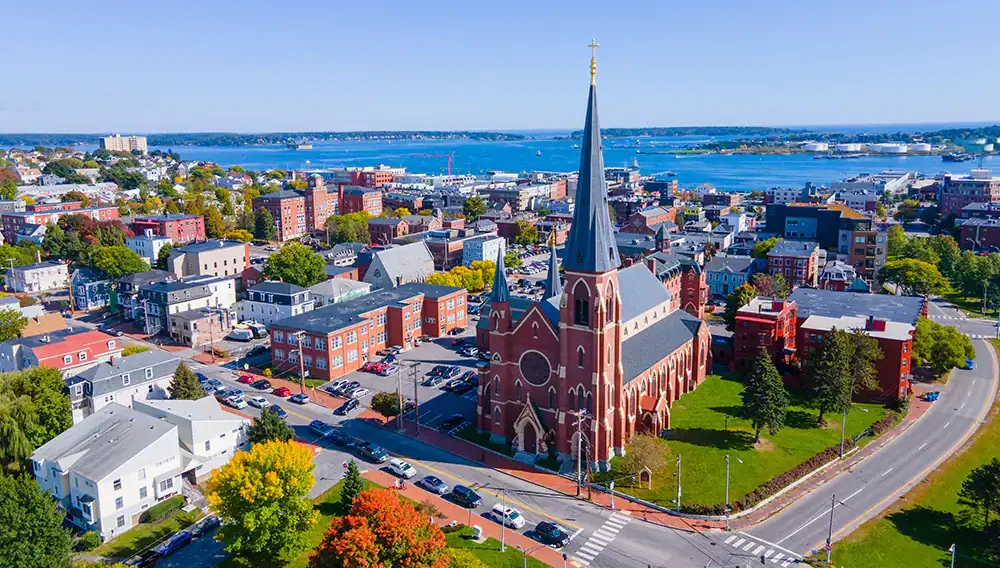Maine’s Online Casino Bill LD 1164 Revived for Tribal Gaming
Maine’s online casino bill, once left for dead, is back in play, promising a new deal for the Wabanaki Nations but stirring up old fights.

Back from the Brink
LD 1164, dubbed “An Act to Create Economic Opportunity for the Wabanaki Nations Through Internet Gaming,” got a second wind on May 30. After stalling in April’s Joint Veterans and Legal Affairs Committee, the bill cleared the same panel with an “Ought-to-Pass As Amended” vote, teeing it up for further debate in Maine’s special legislative session.
The proposal would legalize online casino games like blackjack and slots, with exclusive rights for the Wabanaki Nations to partner with operators like Caesars or DraftKings. Supporters say it’s a win for tribal economies, but casino owners and regulators aren’t rolling over.
The bill lets Maine’s four federally recognized tribes, Mi’kmaq, Maliseet, Passamaquoddy, and Penobscot, run online casinos under Gambling Control Unit licenses. Rep. Ambureen Rana, the bill’s sponsor, and Wabanaki leaders like Aaron Dana argue it’ll fund tribal infrastructure and curb illegal online gambling. A
fiscal note projects an 18% tax could net $1.8 million in 2025-26, doubling to $3.6 million by 2026-27. “This is about opportunity,” Dana told the committee, echoing calls for economic justice. Caesars’ Joseph Tyrrell backed the plan, citing their existing sports betting ties with three tribes.
Casino Pushback
Maine’s brick-and-mortar casinos, Oxford and Hollywood, owned by Churchill Downs and Penn Entertainment, are crying foul. They claim LD 1164’s tribal exclusivity could cost them $67 million and 400 jobs, per the Oxford Hills Chamber of Commerce.
“This bill would create a gaming monopoly,” Oxford’s Dan Walker warned. Hollywood’s Chris Jackson called it the state’s biggest gambling expansion without a voter say.
The chamber wants a referendum, like last year’s failed LD 1777, which lost by five votes in the House.
Steve Silver, Maine Gambling Control Board chair, supports iGaming but not LD 1164’s setup. He says giving regulatory power to the unit’s director, not the board, breaks state law and sidelines Oxford and Hollywood, which employ nearly 1,000 Mainers.
“This violates Maine law,” Silver testified. FanDuel’s Michael Ventre echoed the call for an open market, warning a tribal monopoly might fuel black-market betting. Health advocates, like Dr. Patty Hymanson, raised alarms about addiction, urging funds for treatment.
Recommended
